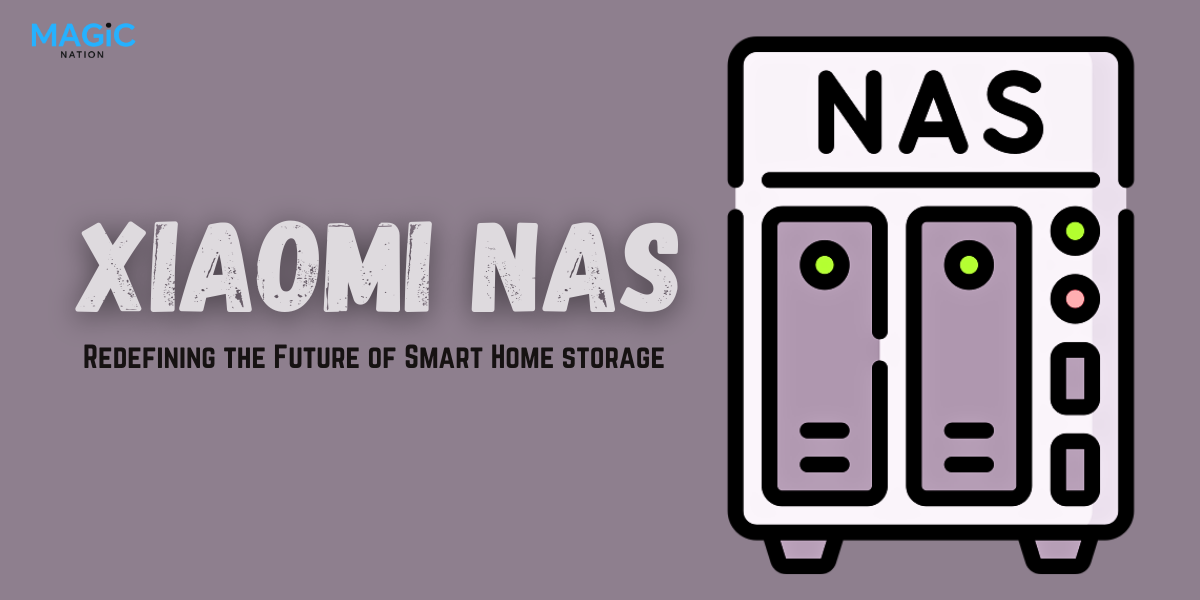
The Telecom Regulatory Authority of India, commonly referred to as TRAI, recently recommended the introduction of Calling Name Presentation (CNAP) by telecom operators. The feature will allow users to see the caller’s name and might help combat spam calls.
Caller Name Presentation (CNAP): This is a proposed service in India by the Telecom Regulatory Authority of India (TRAI) that would be similar to Truecaller. CNAP aims to address the growing problem of spam calls in India. By allowing users to see the name of the person calling them, CNAP can help users identify and avoid spam calls. This could potentially lead to a significant reduction in the number of spam calls that people receive in India. The service is currently in the proposal stage, and it is not yet clear when or if it will be implemented.What is CNAP ?
Here are some potential benefits of CNAP (Caller Name Presentation):Benefits of CNAP
Reduced Spam Calls: CNAP allows users to identify potential spam calls by displaying the caller's name or information. This empowers users to decide whether to answer the call, reducing time wasted on unwanted calls.
- Increased Safety: CNAP can help identify calls from known contacts, such as family, friends, or businesses, improving personal safety and reducing the risk of answering calls from scammers or unwanted solicitors.
- Improved Communication Efficiency: By knowing the caller's identity beforehand, users can be better prepared for the conversation, leading to more efficient and productive communication.
- Enhanced User Experience: CNAP provides a more convenient and informative calling experience, allowing users to manage their calls more effectively.
Potential Drawbacks and Privacy Concerns of CNAP (Caller Name Presentation)Address potential drawbacks and privacy concerns of CNAP
While CNAP offers potential benefits like reduced spam calls, it's important to consider some drawbacks and privacy concerns:
- Accuracy of Information: CNAP's effectiveness relies on accurate caller information. If it depends on user-submitted data, there's a chance of encountering incorrect names or even scams where scammers spoof names.
- Privacy Concerns: CNAP reveals the caller's ID by default. This might be an issue for people who prefer to keep their caller ID private or for sensitive calls.
- Mandatory vs. Opt-in: If CNAP becomes mandatory, users lose control over who sees their caller ID. An opt-in system would provide more user choice.
- Misuse of Information: Malicious actors could potentially misuse displayed caller names for phishing attempts or social engineering scams, making it harder to identify genuine calls.
- Technical Challenges: Implementing CNAP seamlessly across all networks and devices could be complex, potentially leading to technical glitches or compatibility issues.














